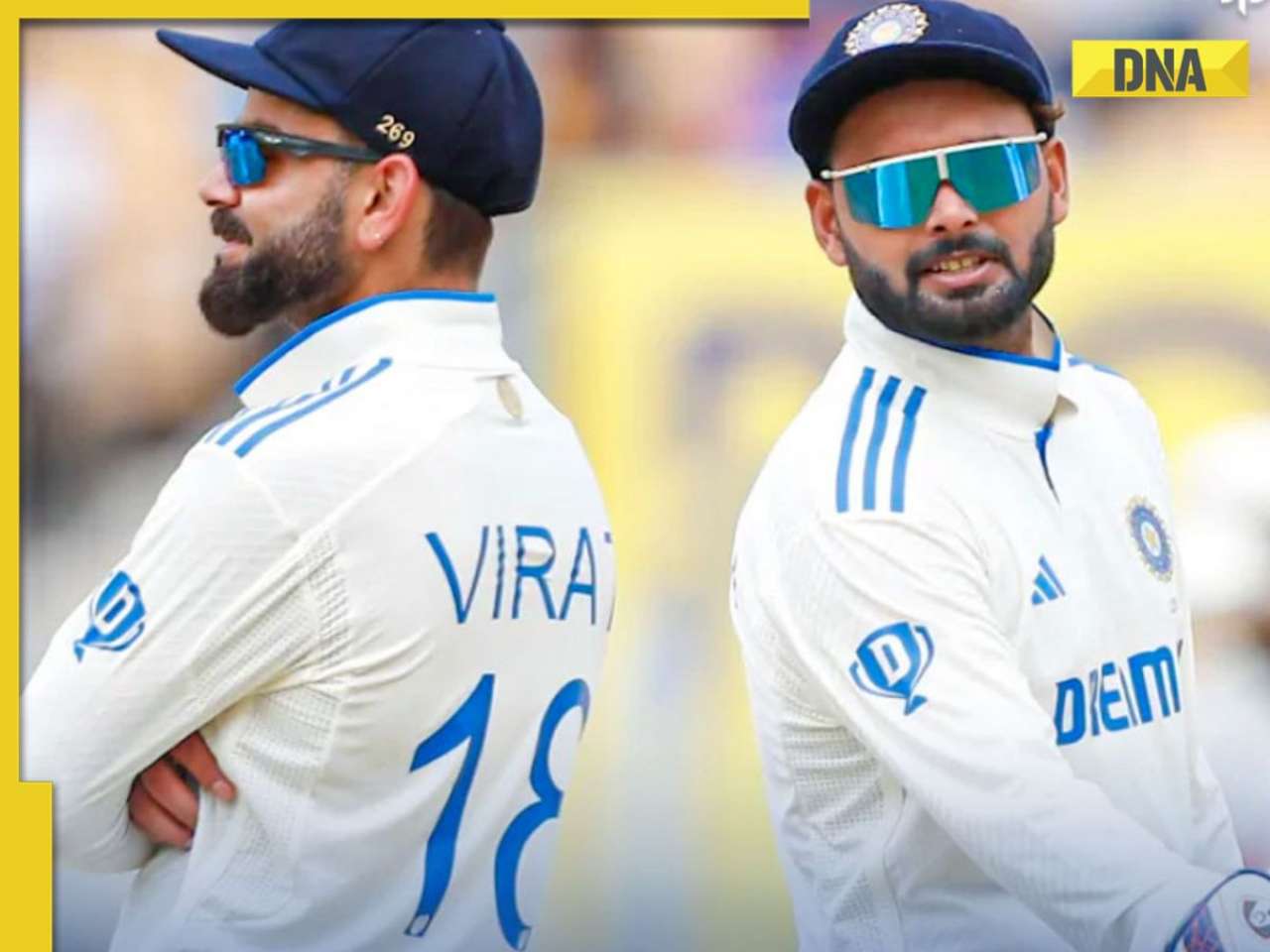 |
|
The Indian domestic cricket scene is buzzing with anticipation as the 2024-25 Ranji Trophy is set to commence on January 23rd. Delhi, facing a crucial must-win situation in their upcoming match against Saurashtra, has made a significant announcement: Rishabh Pant will lead the team. This marks Pant's return to the Ranji Trophy after a seven-year hiatus, his last appearance being in the 2017-18 season finale against Vidarbha. The Delhi and District Cricket Association (DDCA) is expected to officially announce the full team on January 17th, but the confirmation of Pant's captaincy has already generated considerable excitement among fans and analysts alike. His leadership will be crucial for Delhi's hopes of progressing in the tournament, especially given their inconsistent performance in the first half of the season, where they secured only one victory amidst three draws.
However, the picture remains incomplete without clarity on the participation of Virat Kohli, another prominent figure in Indian cricket. While Kohli is reportedly on the probable list for Delhi's upcoming Ranji Trophy matches, his availability remains unconfirmed. This uncertainty has sparked considerable debate and speculation within cricketing circles. Kohli's absence from domestic cricket for an extended period has drawn criticism, particularly in light of the Indian national team's recent struggles, including a disappointing 0-3 home series loss to New Zealand. The calls for established Test players, especially those experiencing form slumps like Kohli and Rohit Sharma, to actively participate in domestic cricket have become louder, with former greats like Sunil Gavaskar and Ravi Shastri expressing their concerns.
The lack of participation by key players in domestic cricket has been a recurring theme of discussion. The argument centers around the benefits of consistent red-ball cricket for maintaining form and skill, particularly for batsmen. The high-pressure environment of international matches can sometimes mask underlying technical flaws or vulnerabilities, which can be addressed and improved upon through consistent play in domestic tournaments. By playing regularly in the Ranji Trophy, players like Kohli and Sharma would have the opportunity to fine-tune their techniques, build confidence, and regain their lost touch against diverse bowling attacks. The absence of this crucial practice ground could arguably be a factor contributing to the national team's fluctuating performance.
The upcoming Ranji Trophy matches provide a valuable opportunity for players like Kohli to rediscover their rhythm and regain their confidence. The intense competition, varied bowling styles, and pressure situations inherent in domestic cricket can be instrumental in strengthening a player's overall game. Moreover, the Ranji Trophy also serves as a platform for showcasing talent and proving one's readiness for the rigors of international cricket. Success in the domestic arena could significantly enhance a player's chances of regaining a place in the national team, particularly for those looking to make a comeback or consolidate their positions.
Beyond the individual performances of Pant and Kohli, the Delhi team's overall performance in the Ranji Trophy will be closely watched. Their upcoming matches, especially the crucial encounter against Saurashtra, will be significant tests of their strength and ability to overcome challenges. The team's success will depend not only on the leadership of Pant but also on the collective effort of all players, their ability to work together as a unit, and their capacity to adapt to different playing conditions and opposition strategies. The Ranji Trophy offers a platform for Delhi to showcase its talent and prove its mettle, and their performance will be keenly analyzed in the context of the wider Indian cricketing landscape.
The situation highlights a larger conversation surrounding the importance of domestic cricket in the development and sustained success of the national team. The synergy between domestic and international cricket is undeniable; strong domestic performances often translate to strong national team performances. Consequently, the decisions made by players regarding their participation in domestic tournaments like the Ranji Trophy carry significant weight. The calls for established players to actively engage in domestic cricket are not merely expressions of nostalgia but rather strategic suggestions aimed at strengthening the overall health and competitiveness of Indian cricket at all levels.
Source: Rishabh Pant to lead Delhi on Ranji Trophy return; Virat Kohli's participation still uncertain
